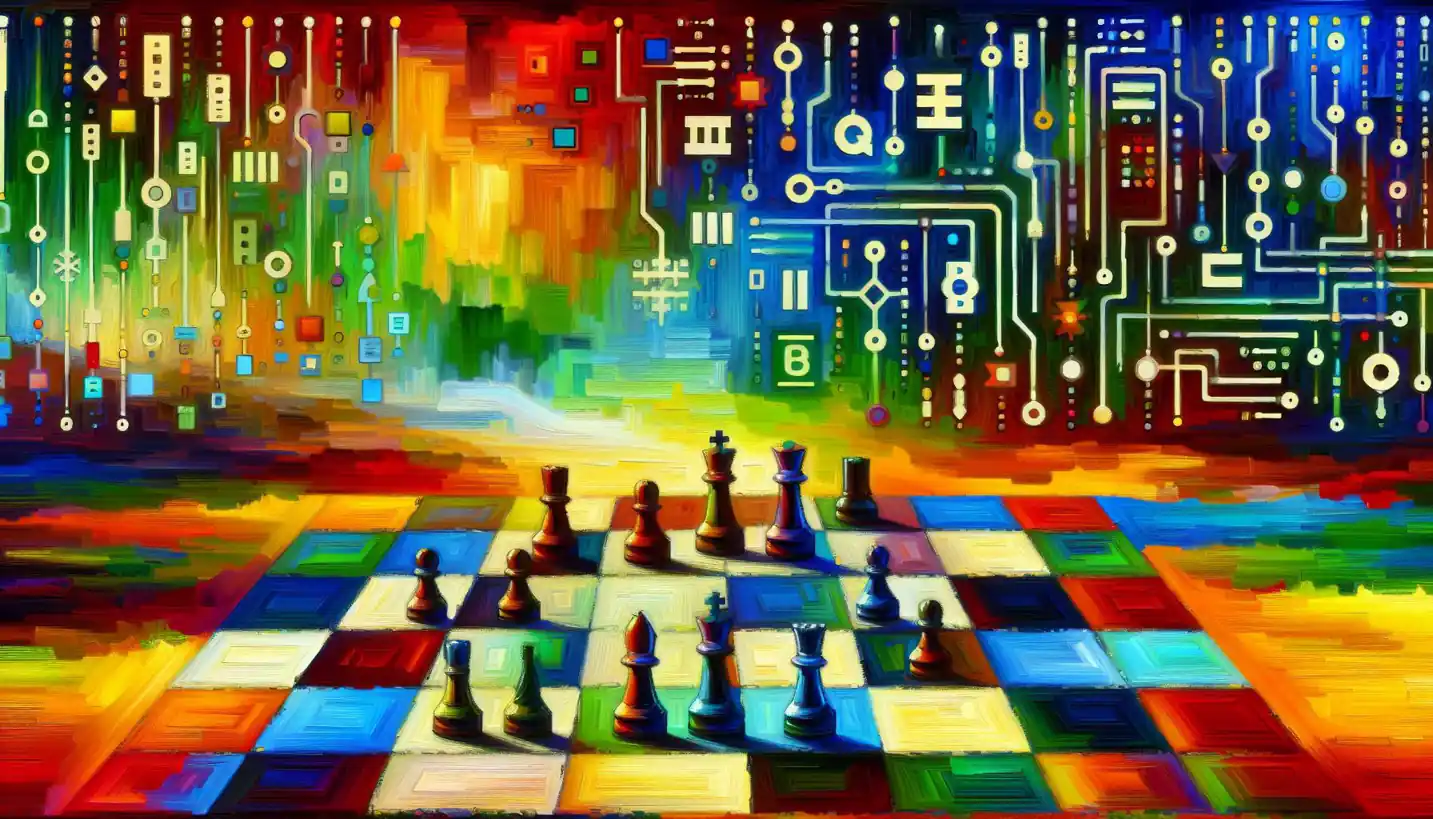· Computer Science · 4 min read
Quantum Gate: Unlocking the World of Quantum Computing
Quantum gates are the logic processors of quantum computation. Learn how they're shaping the landscape of this emerging field, making complex tasks possible.

So, you’ve probably heard a lot about quantum computing and how it’s the future of technology. But what exactly makes it tick? At the heart of this revolutionary field are quantum gates, which are a bit like the building blocks of quantum computations. Let’s take a journey to understand these fascinating components and why they’re so pivotal.
What Are Quantum Gates?
To get to grips with quantum gates, think about classical logic gates first. In your everyday computer, gates are simple devices that take input signals, process them according to certain rules, and produce an output. They perform basic operations like AND, OR, and NOT, using 0s and 1s.
Quantum gates, however, take this a step further. Instead of working with bits, which are either 0 or 1, they manipulate qubits. A qubit, unlike a regular bit, can be in both states at the same time, thanks to the magic of quantum superposition. It’s like spinning a globe: until it stops, it’s everywhere and nowhere at once.
Superposition and Entanglement
Now, if you’re scratching your head about how a qubit can be 0 and 1 at the same time, that’s where superposition comes in. Imagine being in two places at once—sounds impossible, right? But at a quantum level, particles can exist in multiple states simultaneously until measured. This is the principle of superposition.
Quantum gates exploit another quirky quantum trait called entanglement. When qubits become entangled, the state of one instantly affects the state of another, no matter how far apart they are. Picture a pair of magical dice. Roll one, and the other instantly shows the same number, whether it’s across the room or across the universe.
By using superposition and entanglement, quantum gates can cause qubits to interact in complex ways, doing computations that would be impossible with classical logic gates.
Types of Quantum Gates
In the quantum world, we’ve got a few different types of gates to play with:
Pauli Gates
These are the quantum equivalents of classical NOT gates, flipping qubits around their axes. If a qubit is a compass needle, Pauli gates spin it around.
Hadamard Gate
The Hadamard gate is the wizard responsible for creating superposition. Input a qubit, and it churns out a blend of 0 and 1, setting the stage for quantum computing magic.
CNOT Gate
Named the Controlled-NOT gate, this one utilizes entanglement. When applied, it flips the state of a second qubit based on the state of the first. It’s a dance that only quantum partners can perform.
Toffoli Gate
Also known as the controlled-controlled-NOT gate, this one performs a triple qubit operation. Think of it as the quantum version of a referee, deciding outcomes based on moves from both players.
Quantum Fourier Transform
This is a bit like an orchestra conductor, organizing qubits into harmonious configurations. Essential for many quantum algorithms, it’s a master of coordination.
Why Quantum Gates Matter
Quantum gates are essentially the alphabets of the quantum language. With their help, scientists and engineers can compose algorithms that tackle problems too complex for traditional computers.
Imagine breaking encryption codes, simulating molecules for drug discovery, or even modeling complex climate systems. Quantum gates make these possible because they allow us to process enormous amounts of information simultaneously, thanks to superposition, and link distant data points through entanglement.
Challenges and the Future
But like any budding technology, the quantum frontier is not without its hurdles. Quantum gates must be incredibly precise. The tiniest interference from the environment can throw qubits into chaos, a challenge known as decoherence.
Moreover, building and maintaining quantum computers at a scale that can handle real-world problems is still a work in progress. But each scientific breakthrough brings us closer to tapping the full potential of quantum computing.
So, what does the future hold? Imagine hospitals with quantum simulators that deliver custom drugs or encryption so secure it’s virtually unbreakable. Quantum gates are our ticket to exploring these uncharted territories.
Conclusion: The Gateway to the Quantum World
As we stand at the cusp of a new era in computing, understanding quantum gates is key to unlocking potential that was once the stuff of science fiction. These gates hold the secrets to processing information in ways we’re just beginning to fathom.
The promise of quantum computing is immense, from cracking complex codes to revolutionizing industries across the globe. With quantum gates leading the charge, the future is quantum—and it looks incredibly bright.


